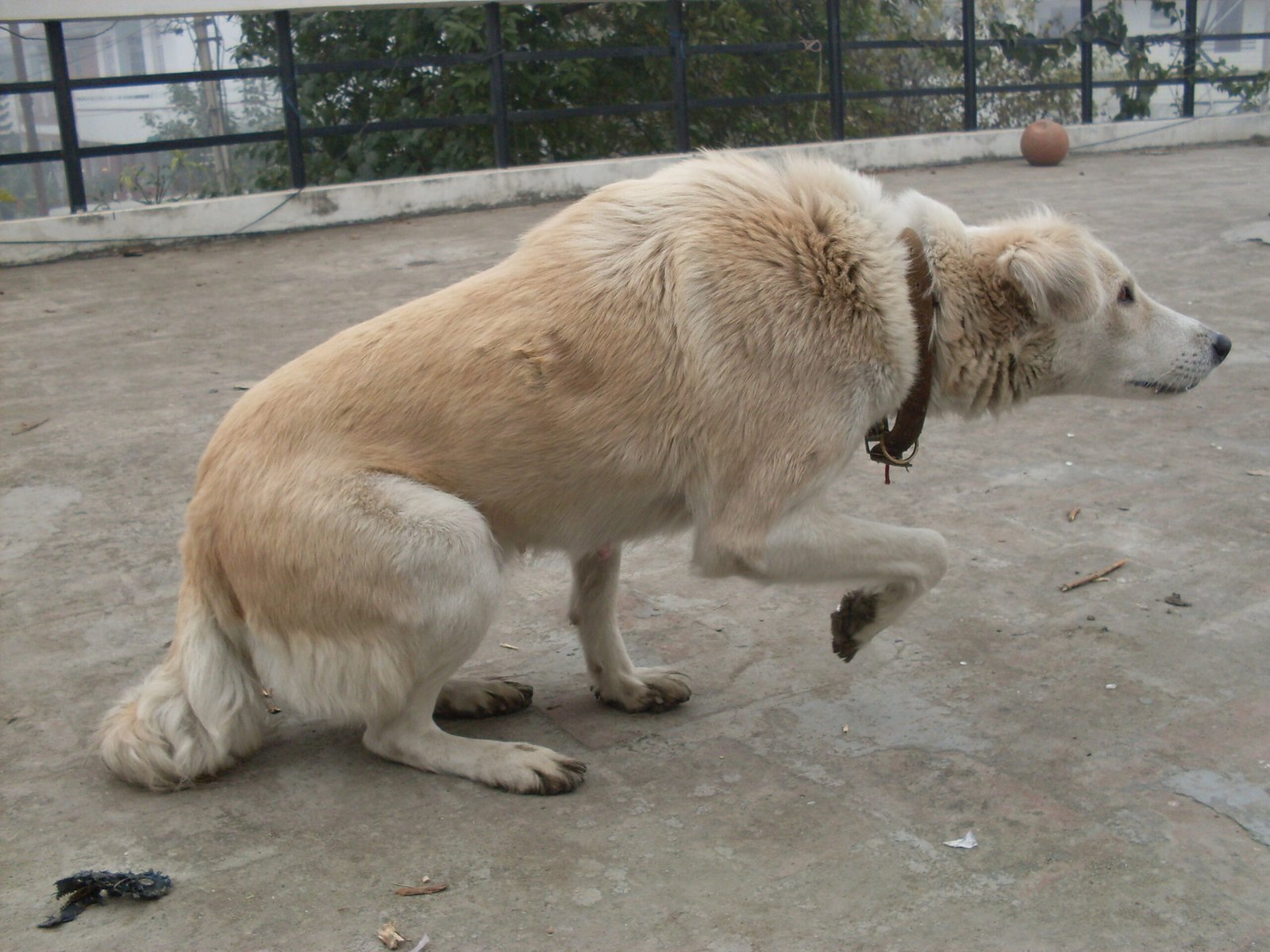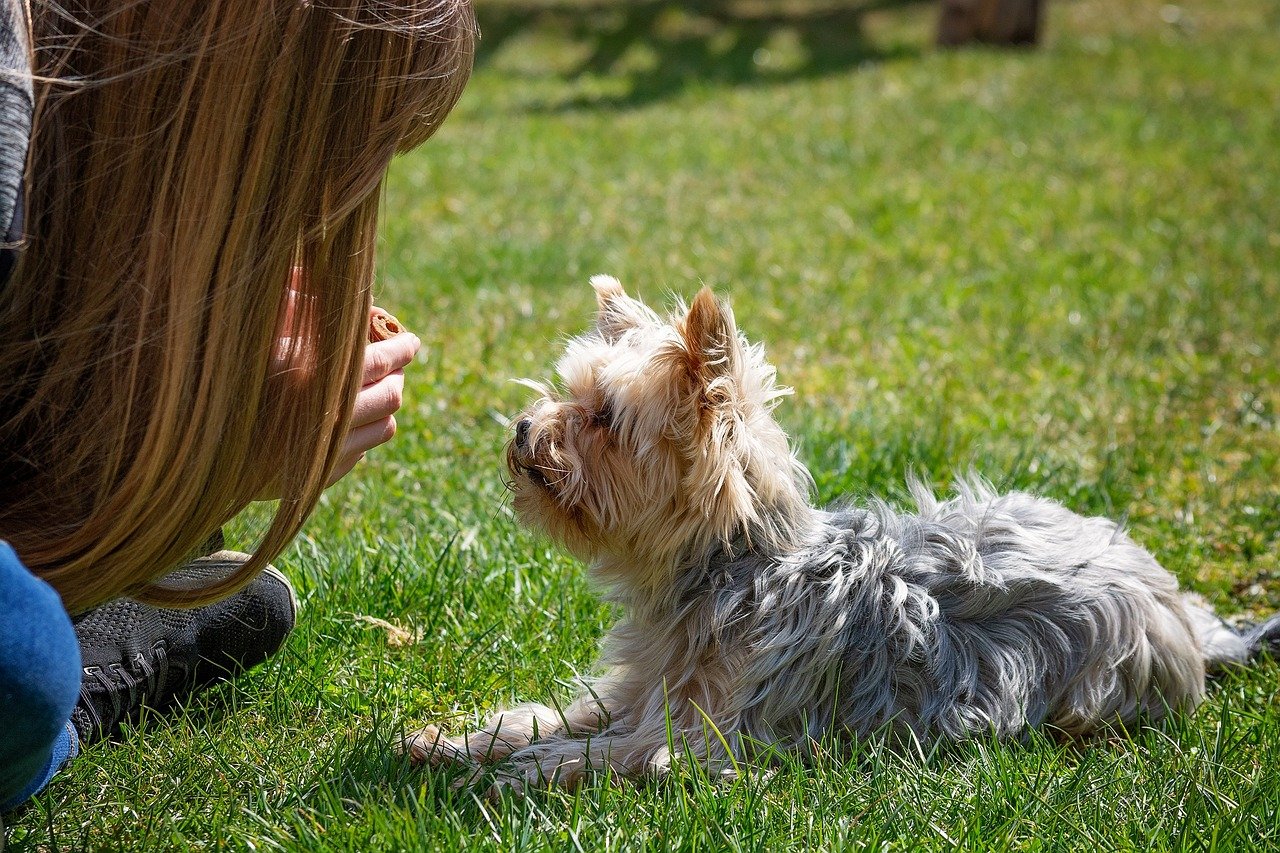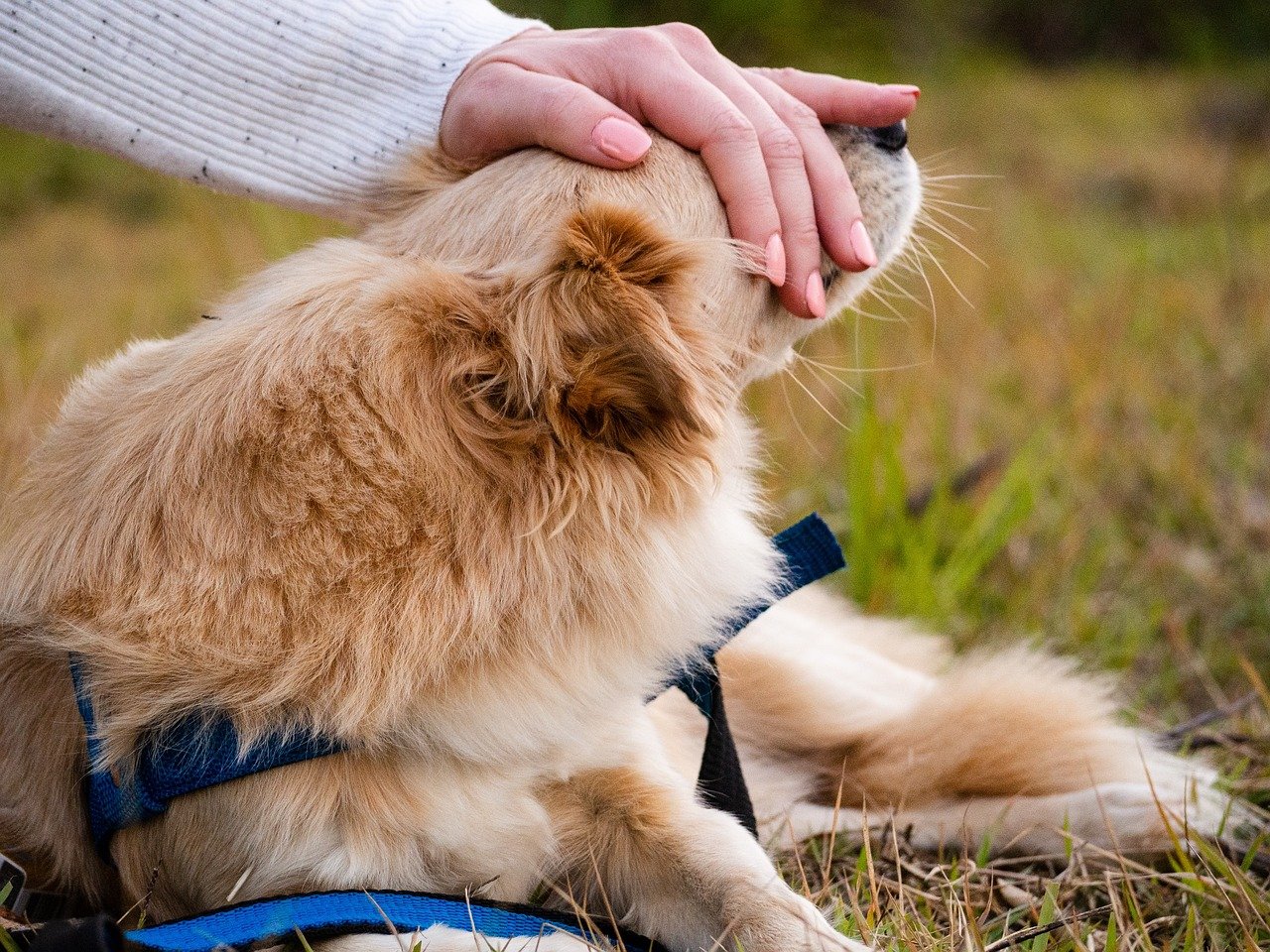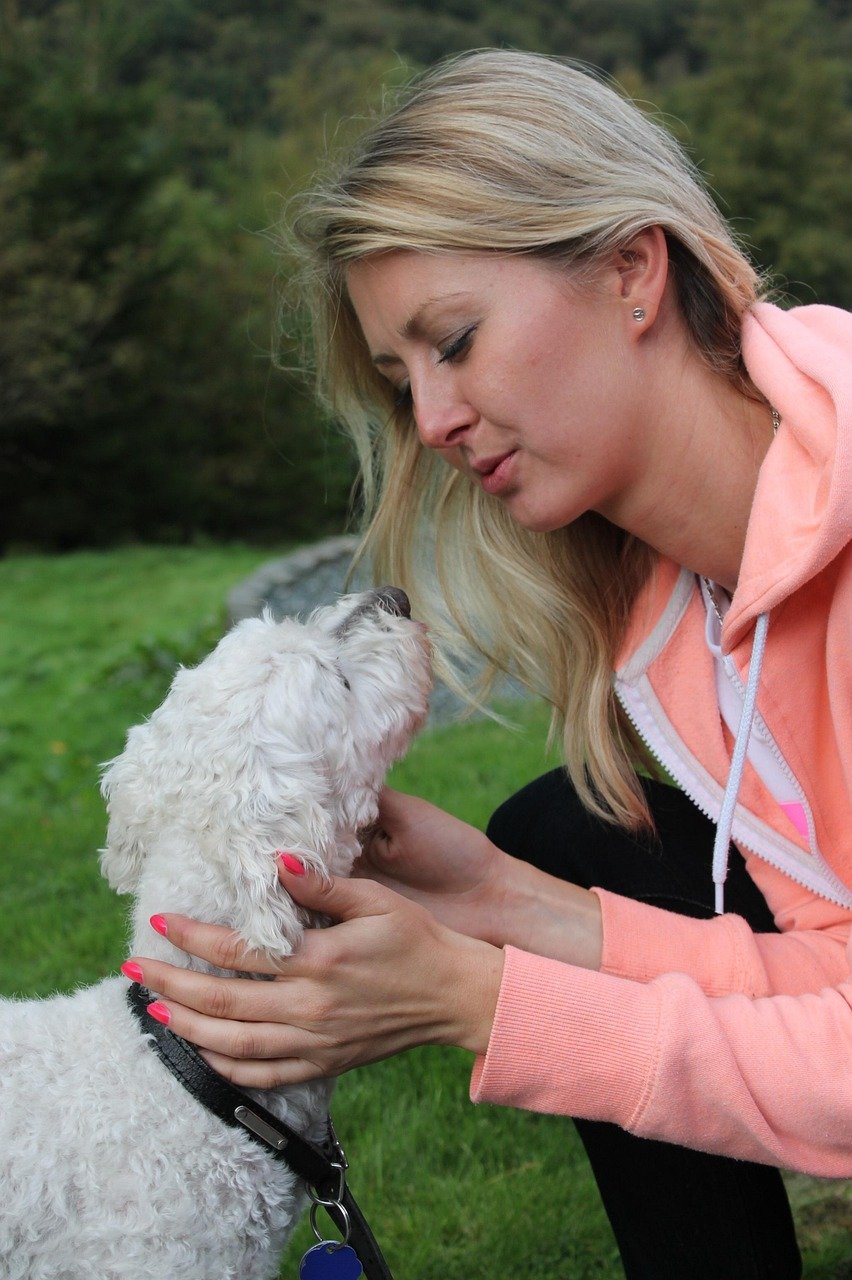Have you ever wondered if your beloved furry companion might not be as fond of you as you think? It’s a shocking thought, but one worth exploring. Dogs, often considered man’s best friend, can sometimes harbor feelings of dislike or discomfort towards their owners, unbeknownst to the humans who love them. This article delves into the surprising reasons your dog might secretly hate you and what you could be doing wrong. By understanding these factors, you can strengthen the bond with your pet and ensure a happier relationship for both of you.
Ignoring Their Body Language

Dogs communicate primarily through body language, and failing to recognize their signals can lead to misunderstandings. For instance, a wagging tail doesn’t always mean happiness; it can also indicate anxiety or agitation. When you overlook these cues, your dog might feel unheard and frustrated. This can lead to a buildup of resentment, as they feel their emotions are being ignored. Imagine trying to communicate with someone who never listens—it’s disheartening, isn’t it?
To bridge this communication gap, take the time to observe your dog’s behavior closely. Notice the position of their ears, the movement of their tail, and even their posture. By understanding these subtle signs, you can respond appropriately, showing your dog that you care about their feelings. This simple act of attentiveness can significantly improve your relationship, making your pet feel valued and understood.
Inconsistent Training Methods

Inconsistency in training can confuse dogs and lead to feelings of frustration. If one day you allow your dog on the couch and the next day you scold them for it, they won’t know what to expect. This unpredictability can make them anxious and unsure about their actions. Dogs thrive on routine and clear expectations, much like humans do.
To avoid this pitfall, establish a consistent set of rules and stick to them. Ensure that everyone in the household is on the same page regarding these rules. Consistency will help your dog learn what’s expected of them, reducing anxiety and building trust. When your dog knows what to anticipate, they feel more secure and are less likely to harbor negative feelings towards you.
Lack of Mental Stimulation
Dogs are intelligent creatures that require mental stimulation to stay happy and healthy. Without enough mental challenges, they can become bored and even resentful. Think about it: how would you feel if you were stuck in a monotonous routine with nothing to engage your mind? It’s no different for your furry friend.
To prevent boredom, introduce new toys, puzzles, or training exercises that challenge your dog’s brain. Activities like scent games or agility training can provide the mental workout they need. By keeping their minds active, you not only enrich their lives but also strengthen the bond you share. A mentally stimulated dog is a happy dog, and a happy dog is less likely to harbor negative feelings towards you.
Neglecting Their Social Needs

Dogs are social animals that crave interaction with other dogs and humans. If your dog isn’t getting enough socialization, they might feel isolated and unhappy. This lack of social engagement can lead to feelings of loneliness and even resentment towards you, as they rely on you to fulfill this need.
To address this, make an effort to arrange playdates with other dogs or take your pet to a dog park. Socialization helps them develop confidence and reduces anxiety. Additionally, spending quality time with your dog, whether it’s through play or simple companionship, can enhance their well-being. By meeting their social needs, you show your dog that you care about their happiness, reducing the chances of them secretly disliking you.
Overbearing Affection

While showing affection is essential, overdoing it can be overwhelming for some dogs. Not all dogs enjoy constant cuddling or being picked up frequently. If your dog seems to shy away from your touch, it might be a sign that they need some space. Imagine if someone constantly invaded your personal space—it would be uncomfortable, right?
To respect your dog’s boundaries, pay attention to their reactions to your affection. If they show signs of discomfort, such as turning their head away or trying to move away, give them some space. Understanding and respecting their personal boundaries can help build trust and prevent negative feelings from developing. Remember, love is about quality, not quantity.
Inadequate Exercise
Exercise is crucial for a dog’s physical and mental health. Without enough physical activity, dogs can become restless, anxious, and even resentful. Picture yourself cooped up indoors all day without any physical outlet—it’s not a pleasant thought, is it?
To ensure your dog gets the exercise they need, incorporate regular walks, play sessions, or even runs into their routine. Tailor the activity level to your dog’s breed and age, as some dogs require more exercise than others. By providing them with the necessary physical outlet, you contribute to their overall well-being and happiness. A well-exercised dog is less likely to harbor negative feelings and more likely to be a content companion.
Ignoring Health Issues
Dogs can’t tell us when they’re feeling unwell, so it’s up to us to notice any signs of discomfort or illness. If health issues go unnoticed or untreated, your dog might associate their discomfort with you, leading to feelings of resentment. Imagine suffering in silence without anyone noticing—it’s a distressing thought.
To prevent this, regularly monitor your dog’s health and take them for routine veterinary check-ups. Be observant of any changes in their behavior, appetite, or energy levels. By addressing health issues promptly, you show your dog that you care about their well-being, strengthening your bond and reducing any negative feelings they might harbor.
Lack of Clear Communication

Effective communication is vital in any relationship, including the one with your dog. If your dog doesn’t understand your commands or what you want from them, it can lead to frustration on both sides. Think of it like trying to solve a puzzle without any clues—it’s challenging and exasperating.
To improve communication with your dog, use clear and consistent commands. Keep your tone calm and assertive, and reward positive behavior with treats or praise. By establishing a clear line of communication, you help your dog understand your expectations, reducing any potential for misunderstandings or resentment. A dog that understands you is more likely to be a happy and cooperative companion.
Leaving Them Alone Too Often
Dogs are social creatures that thrive on companionship. If you’re frequently leaving your dog alone for extended periods, they might feel neglected and develop feelings of resentment. Imagine being left alone without any interaction or stimulation—it’s a lonely existence.
To address this, make an effort to spend quality time with your dog every day. Engage in activities that strengthen your bond, such as playing fetch or going for walks together. If your schedule makes it difficult to be with your dog as much as you’d like, consider hiring a dog walker or enrolling them in doggy daycare. By ensuring your dog doesn’t feel abandoned, you foster a stronger, more positive relationship.
Not Understanding Their Unique Personality

Every dog is unique, with their own personality, preferences, and quirks. Failing to recognize and appreciate these individual traits can lead to misunderstandings and resentment. Imagine if someone tried to fit you into a mold that didn’t suit you—it’s frustrating, isn’t it?
To celebrate your dog’s individuality, take the time to learn about their likes and dislikes. Observe their behavior in different situations and adjust your interactions accordingly. By valuing their unique personality, you show your dog that you love them for who they are, reducing the likelihood of negative feelings developing. A dog that feels understood and appreciated is more likely to be a loyal and loving companion.
In conclusion, understanding why your dog might secretly harbor negative feelings towards you is the first step in improving your relationship. By addressing these common issues and making changes to your behavior, you can create a happier and more harmonious bond with your furry friend. After all, a content dog is a loving dog, and who wouldn’t want that?





